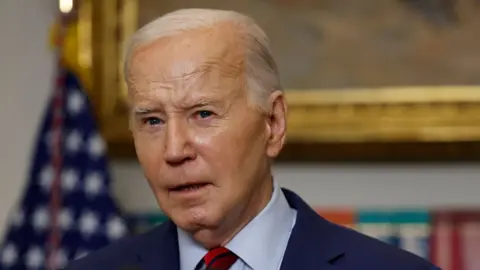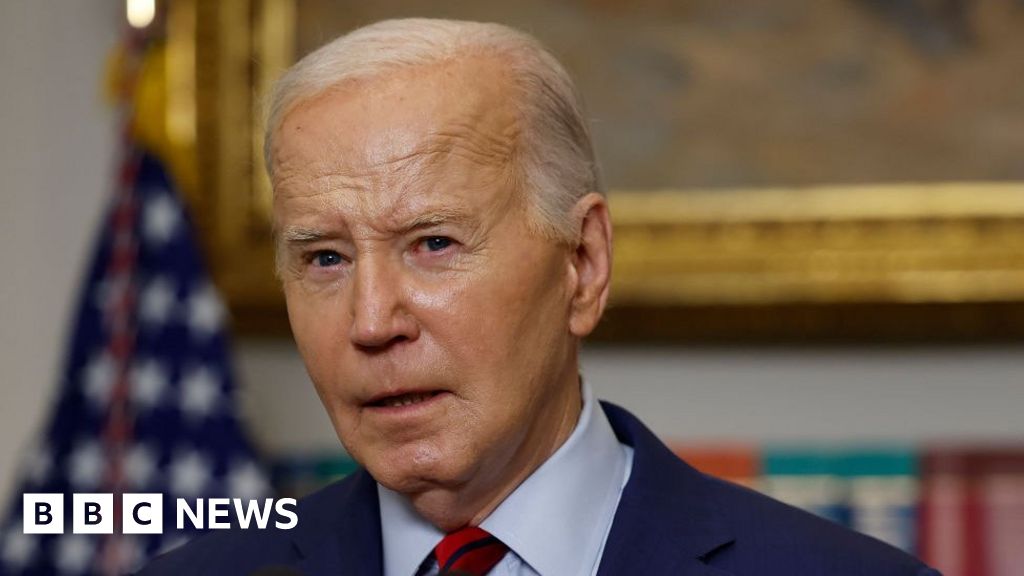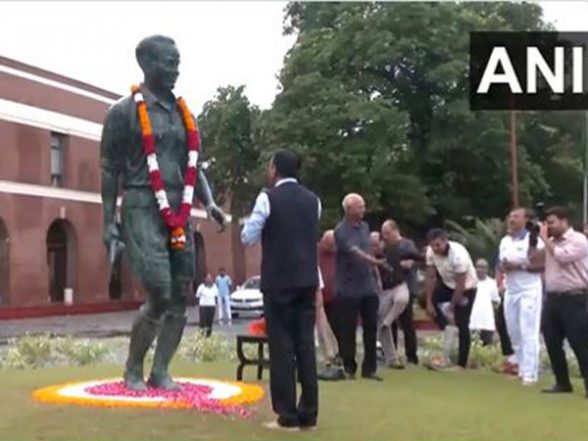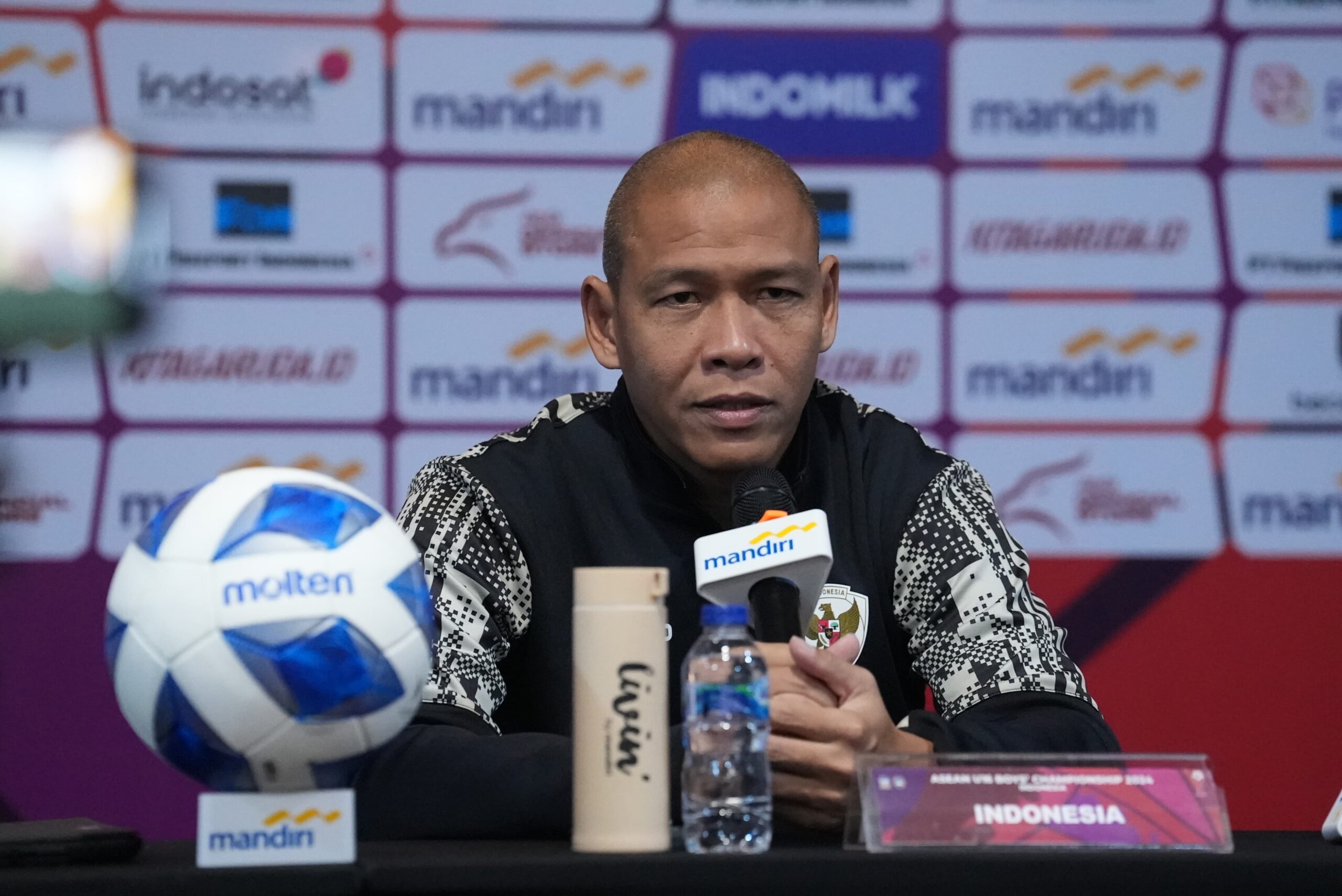By Bernd Debusmann Jr., BBC News, Washington
 Getty Images
Getty ImagesUS President Joe Biden has called Japan and India “xenophobic”, lumping them with Russia and China as countries that “don't want immigrants”.
His criticism of Japan came just weeks after he called the U.S.-Japan alliance “unbreakable” during a state visit by Prime Minister Fumio Kishida.
India is also a key partner of the United States, despite American concerns over human rights and religious freedoms.
The White House says Mr. Biden did not want to offend either country.
Speaking to a largely Asian-American audience at a campaign fundraising event on Wednesday evening, Mr Biden said the US election in November was about “freedom, America and democracy”.
“Why? Because we welcome immigrants,” he added. “Think about it. Why is China experiencing such economic stagnation? Why is Japan struggling. Why Russia? Why India? Because they are xenophobic. They don't want immigrants .”
The BBC contacted the US embassies of Japan, India, China and Russia for comment but did not receive an immediate response.
These comments, however, drew criticism from American commentators.
On X, formerly Twitter, Elbridge Colby, former US deputy secretary of defense in the Trump administration, wrote that Japan and India “are two of our strongest and most important allies.”
“We must speak to them with the respect they command and deserve,” he added. “Applying progressive and parochial views to our allies is condescending and foolish.”
Although Japan, India, and China have relatively few foreign-born workers, Russia relies heavily on migrant labor, largely from Central Asia.
While economic growth has been slow in Japan and China, Russia's militarized economy has rebounded slightly last year as the war with Ukraine continues, despite international sanctions.
India, meanwhile, has seen steady growth and overtook the UK in 2023 to become the world's fifth largest economy.
The White House denied Mr Biden's comments were meant in a derogatory sense, with national security spokesman John Kirby saying he was making a broader point about US immigration policy.
“Our allies and partners know in a tangible way how much President Biden values them, their friendship and their cooperation,” Kirby said. “They understand how completely he values the idea of alliances and partnerships.”
Sadanand Dhume, a South Asia expert at the Washington, DC-based American Enterprise Institute, told the BBC that Mr Biden's comments would likely have been poorly received in India because that country is experiencing a “nationalist upsurge “.
“This will confirm the view among a section of Indians that Mr Biden is not friendly towards India,” he said. “They won’t appreciate being pummeled alongside authoritarian countries like China.”
In late April, a U.S. State Department report found “significant” human rights violations in India, which the government said “are deeply biased and reflect a very poor understanding of India.”
Longer term, however, Mr. Dhume said the remarks were “a storm in a teacup” and “unlikely to significantly affect U.S.-India relations.”
While Japan has had some of the most restrictive immigration policies in the world for decades, it has recently sought to respond to a steadily shrinking population by making it easier for foreign workers to enter.
Mr Biden, who repeatedly called former US President Donald Trump a xenophobic during his 2020 campaign, has taken an increasingly restrictive approach to immigration amid widespread anger – from both sides of the political spectrum – regarding its management of the US-Mexico border.

“Thinker. Food advocate. Incurable coffee enthusiast. Communicator. Proud student. Zombie buff. Tv fanatic. Extreme troublemaker.”







